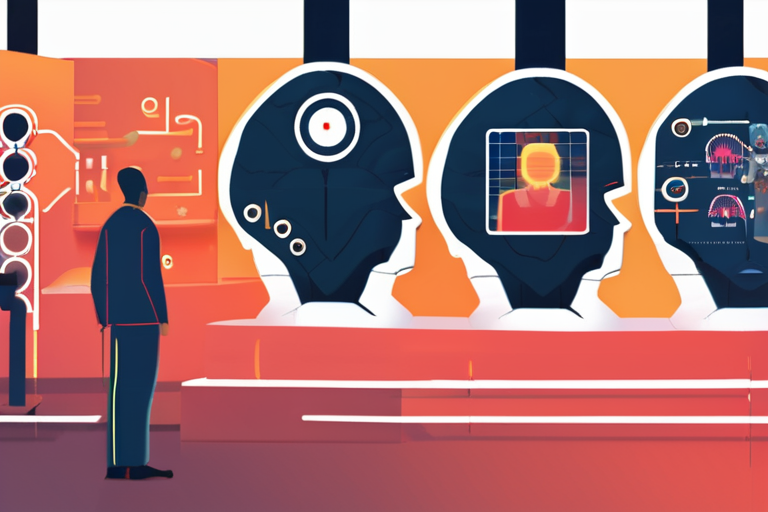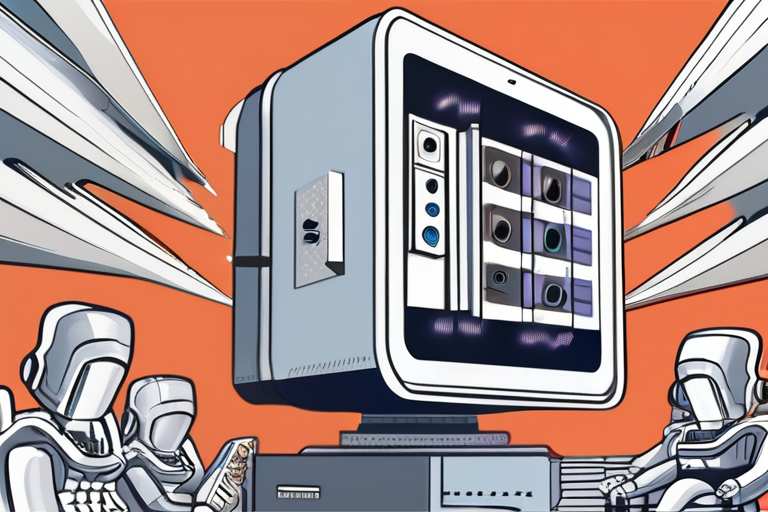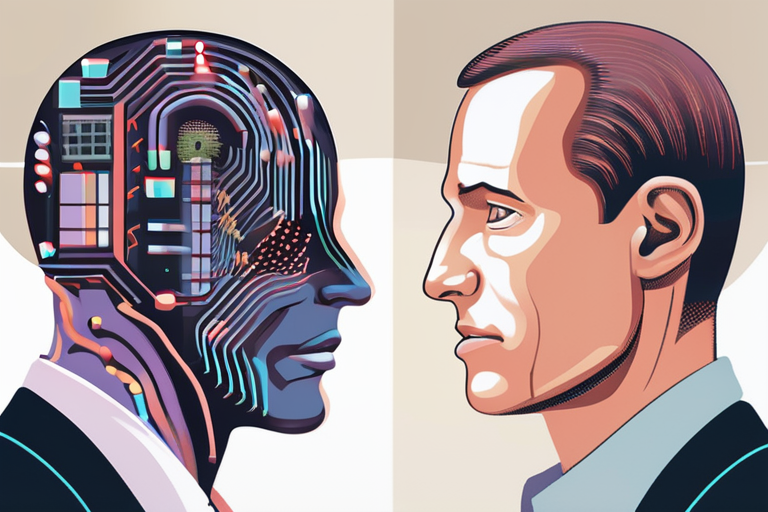Breaking News: Landmark Study Reveals AI Neural Networks' Secret to Memorization and Reasoning
Researchers at Goodfire.ai have made a groundbreaking discovery, isolating memorization from reasoning in AI neural networks. In a preprint paper released in late October, the team demonstrated that these two distinct functions operate through separate neural pathways in the models' architecture. This finding has significant implications for the development and understanding of AI language models.
According to the study, when the researchers removed the memorization pathways, models lost 97 percent of their ability to recite training data verbatim, but retained nearly all their logical reasoning ability intact. This suggests that memorization and reasoning are not intertwined, but rather distinct processes that can be separated and studied independently.
The study focused on the Allen Institute for AI's OLMo-7B language model, analyzing layer 22 and its weight components. The results showed that the bottom 50 percent of weight components exhibited 23 percent higher activation on memorized data, while the top 10 percent showed 26 percent higher activation on general, non-memorized text.
This breakthrough has sparked immediate interest in the AI community, with experts hailing it as a major step forward in understanding the inner workings of AI language models. The study's findings have the potential to revolutionize the development of AI systems, enabling more efficient and effective training processes.
The researchers' discovery builds on previous work in the field, which has long sought to understand the relationship between memorization and reasoning in AI models. This study provides the first clear evidence that these functions are separate and distinct, paving the way for further research and innovation.
As the AI community continues to explore the implications of this study, one thing is clear: this breakthrough has the potential to transform the field of AI research and development. With this new understanding, researchers can now focus on developing more sophisticated AI systems that can learn and reason more effectively, leading to significant advancements in areas such as natural language processing, computer vision, and decision-making.
The study's authors are already working on further research, exploring the potential applications of this discovery in real-world scenarios. As the field of AI continues to evolve, one thing is certain: this breakthrough will have a lasting impact on the development of AI systems and our understanding of their inner workings.



























Share & Engage Share
Share this article